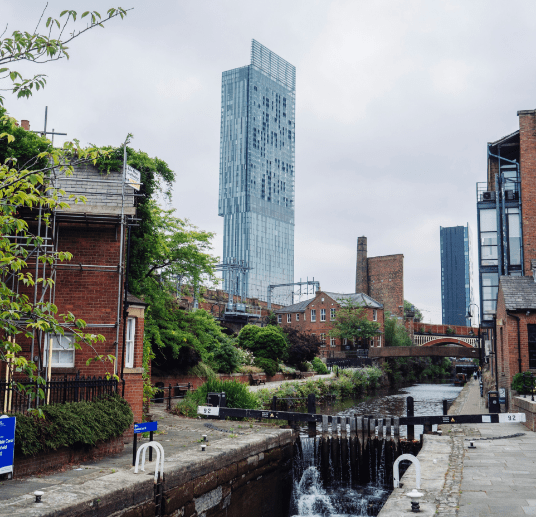Students
Discover how we are training the future leaders in cancer research and join us!
Students
Discover how we are training the future leaders in cancer research and join us!
We are committed to training the next generation of cancer research scientists, helping launch careers in basic, translational and clinical cancer research.
Samra Turajlić
Director
Our Students
Here at the CRUK Manchester Institute, our postgraduate students enjoy a supportive environment, while sinking their teeth into a challenging project alongside receiving tailored training in transferable and generic skills.
This vital combination of training and support helps our students develop as independent scientists with excellent career prospects.
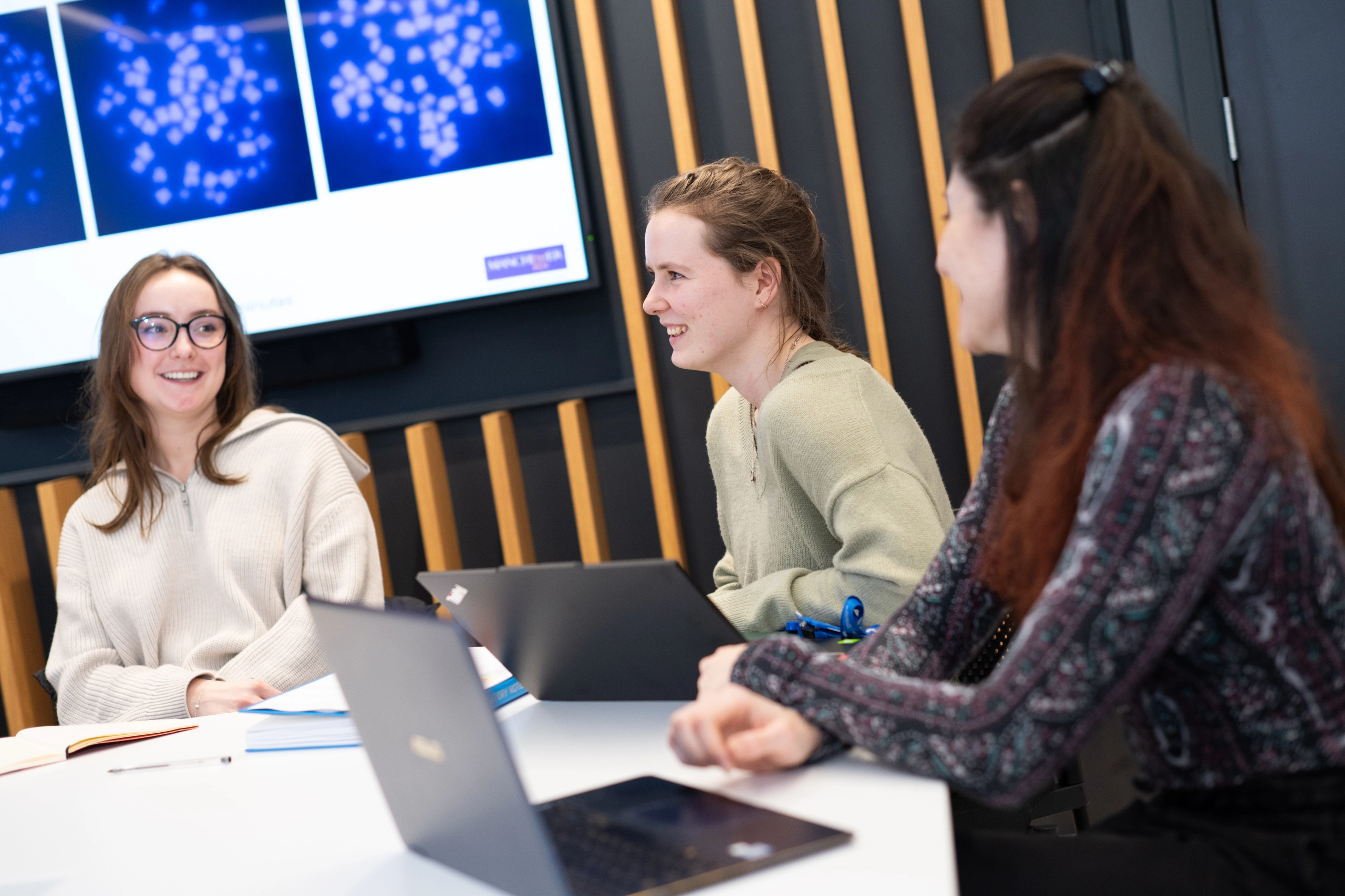
Hear from one of our PhD Students
Postgraduate Study
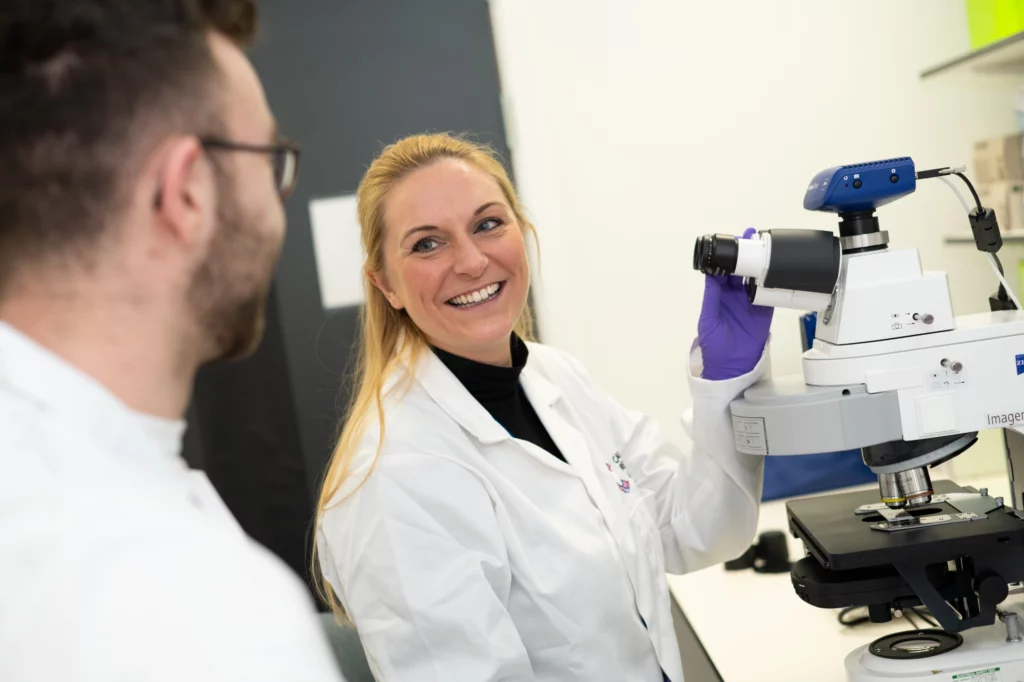
What are we looking for
A PhD should be an exciting and stimulating time. For many, it is the first step into a career in research, and the first opportunity to say something truly novel about the world around them.
We are looking for talented and motivated graduates with a first-class or upper second-class undergraduate degree (a Master’s degree can be advantageous but not a prerequisite to making a PhD application) with backgrounds in biological and biomedical sciences, mathematics, computer sciences to join over 350 staff: group leaders, postdoctoral scientists, clinical fellows, scientific officers, postgraduate students, technical and operational staff that make up the CRUK Manchester Institute.
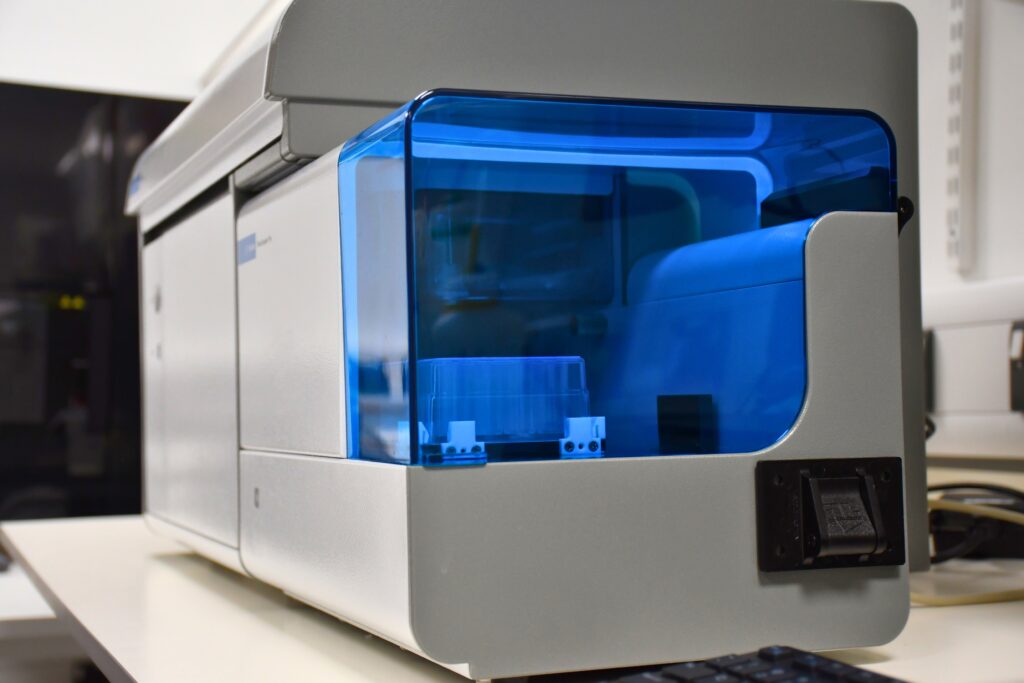
Benefits
Students at the CRUK Manchester Institute will benefit from state-of-the-art facilities at the new Paterson Building located three miles from the city centre and set in the suburbs of Didsbury and Withington.
The CRUK Manchester Institute is supported by major core funding from Cancer Research UK. The Institute is located in the new Paterson Building and is at the heart of the Manchester Cancer Research Centre, a partnership that brings together the expertise, vision and resources of its founding partners: The University of Manchester, The Christie NHS Foundation Trust and Cancer Research UK all of whom have formidable reputations in the field of cancer research and treatment. Both buildings house research groups that are affiliated to the Division of Cancer Sciences and the CRUK Manchester Institute.
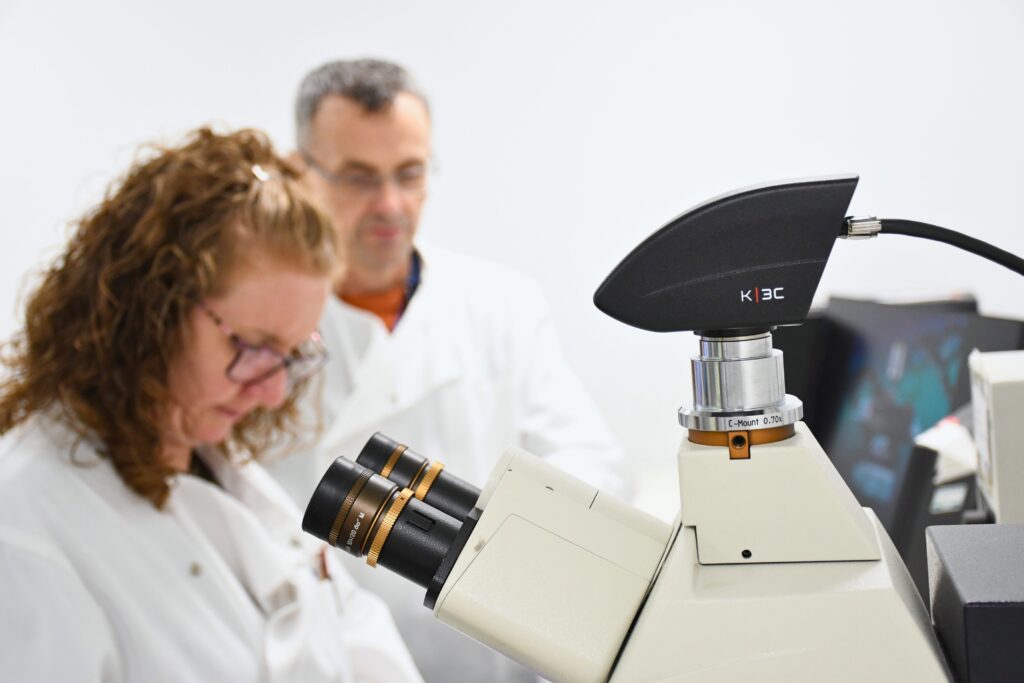
Our Research
Research groups work on many aspects of cancer research, from programmes investigating the molecular and cellular basis of cancer, to those focused on translational research and the development of novel therapeutic approaches, with considerable synergy and interaction across the Division of Cancer Sciences and the CRUK Manchester Institute.
All postgraduate students will register and graduate from the School of Medical Sciences, Faculty of Biology, Medicine and Health, University of Manchester, UK.
Our Postgraduate Programme
As part of our student research commitment, we have an active postgraduate programme that provides first class students and clinical research fellows the opportunity to study for cancer-related PhD degrees through a training programme that aims to improve effectiveness in research, provide professional and management skills and enhance career development

Our fully funded PhD studentships are of four years’ duration with full sponsorship covering tuition, bench, and stipend fees for the duration of the study period.
Each year we recruit students to join us on our 4-year PhD programme. We welcome applications from UK, EU, and international students. International/EU students’ University tuition fees are included in our funded PhD studentships for the duration of study. Stipend (living costs) are set by CRUK and are the same for all students regardless of nationality.
CRUK studentships are fully funded by Cancer Research UK and come with a generous tax-free stipend (living allowance) of £22,113 (outside of London) in year 1, which will increase by 1.75% each year of the PhD, tuition fees and allocation of appropriate level of funding to ensure the project bench fees are fully supported for the duration of study.
The CRUK Manchester Institute and University provides extensive training and formal monitoring assessments to guide students throughout their degree. These important activities include training and workshops on presentation skills, academic writing, IT training and enhancing presentations skills.
Our PhD programme typically supports between four and eight new studentships annually. Applications open ~October annually with interviews scheduled mid-end January.
University of Manchester entry points annually: January, April, and September.
Further information
We aim for each student to receive high quality training in scientific research through an intellectually demanding, but achievable research project. Projects are internally peer-reviewed in advance, gaining Education Committee approval before a student commences. Each PhD project is supervised by a group leader who acts at the main supervisor. Projects are mainly or entirely based within one research group, and a nominated laboratory supervisor (post-doctoral fellow or associate scientist) is appointed to each student to provide day-to-day technical support. Challenges of projects encourage interactions and collaborations with other researchers locally, nationally, and internationally. Each student is also assigned a co-supervisor to contribute their expertise in assisting the main supervisor. All students are assigned a cohort advisor whose key role is to provide pastoral support to the student; to monitor their progress and provide friendly and confidential advice.
See here how we support and monitor our student progression.
A fundamental part of a successful research career is the ability to present one’s work clearly and concisely to a scientific audience. We ask our PhD students to present their data regularly within their own research groups and internal seminars at key points throughout their programme. This focused environment provides students with an opportunity to present and discuss research questions within their own peer group.
The CRUK Manchester Institute colloquium is held annually in September/October. This provides an excellent opportunity for new and current established students and scientific staff to meet and interact in an informal setting. See more here.
Networking, and an awareness of the very latest ideas and developments, are key components of any PhD programme. The Institute runs an external seminar series, featuring talks from an international selection of invited guest speakers, and students in programme are actively encouraged to attend national and international conferences relating to their research particularly in their 2nd year of studies onwards.
Cancer Research UK contributes towards an exclusive annual International PhD Student Cancer Conference (IPSCC) organised by students for students. This allows high calibre students (typically in their second to fourth years) from top cancer research institutes across the UK and Europe to organise and present at their own scientific conference.
This year, CRUK Manchester Institute students are hosting the 18th IPSCC in Manchester. See link to website.
Core participating Institutes:
• Cancer Research UK Scotland Institute (BI), Glasgow, UK
• Cancer Research UK Cambridge Institute (CI), Cambridge, UK
• Cancer Research UK Manchester Institute (MI), Manchester, UK
• European School of Molecular Medicine (SEMM: IFOM-IEO), Milan, Italy
• Francis Crick Institute (Crick), London, UK
• German Cancer Research Centre (DKFZ), Heidelberg, Germany
• Max Delbrück Center for Molecular Medicine (MDC), Berlin, Germany
• Netherlands Cancer Institute (NKI), Amsterdam, Netherlands
Staying healthy mentally as well as physically during your postgraduate research can help you achieve your full potential and, most importantly, help you to enjoy the experience. Your PGR experience should be exciting and rewarding.
Find out here how our community supports student welfare.
General enquiries about our PhD Studentships
Why choose Cancer Research UK Manchester Institute?
The Cancer Research UK Manchester Institute, an Institute of The University of Manchester, is a world-leading centre for excellence in cancer research. The Institute is core funded by Cancer Research UK (www.cancerresearchuk.org),
the largest independent cancer research organisation in the world.
We are partnered with The Christie NHS Foundation Trust, one of the largest cancer treatment centres in Europe, which is located adjacent to the CRUK MI Manchester Institute in South Manchester. These factors combine to provide an exceptional environment in which to pursue basic, translational and clinical research programmes.
